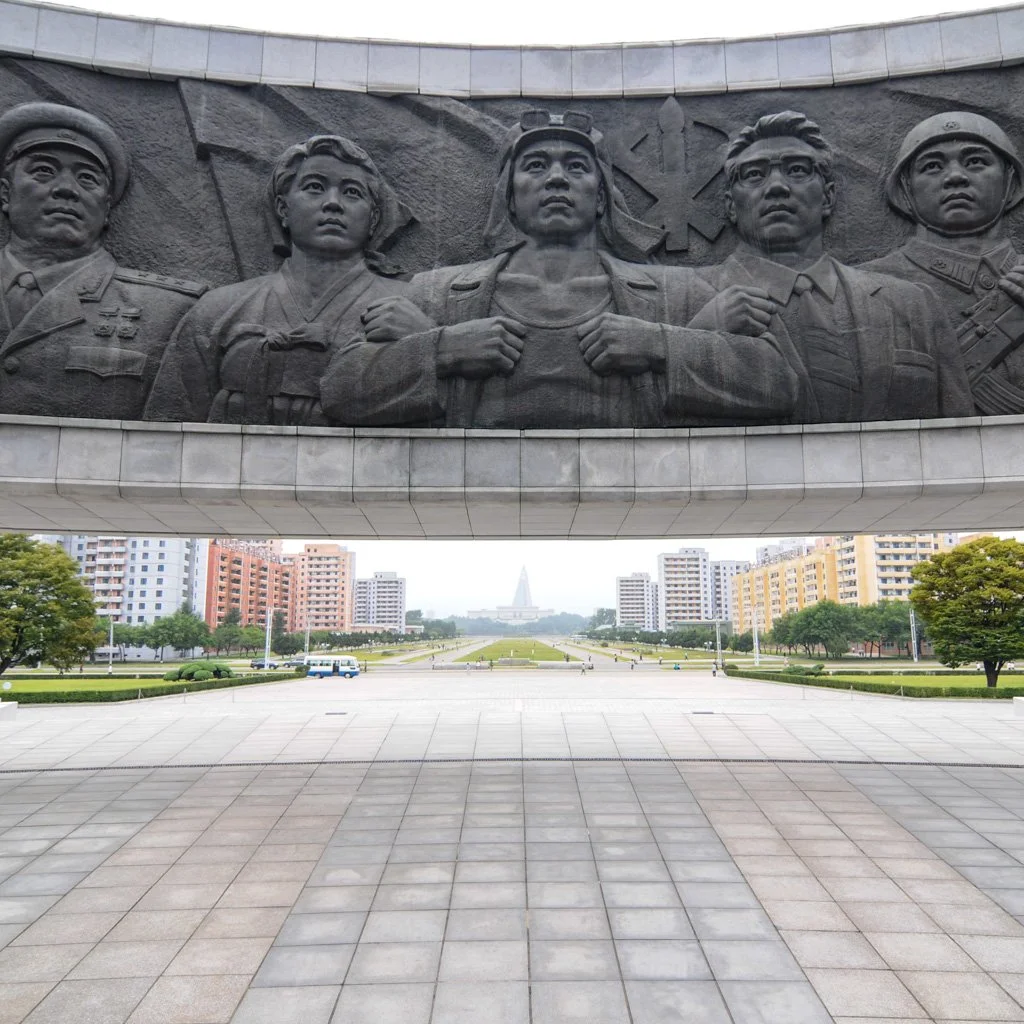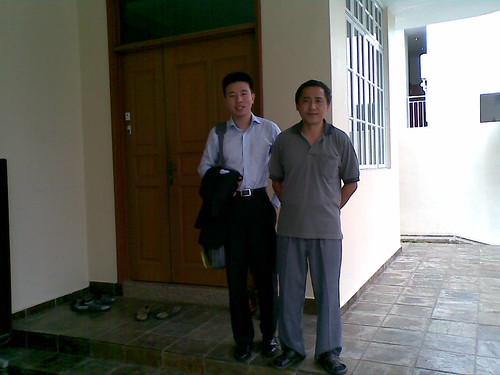I had the opportunity to talk to Ms. Seung Hee Nah, who is actively involved in the Korean American community and a passionate believer in supporting Koreans everywhere. She is interested in introducing the work of international financial institutions to North Koreans and her expertise spans healthcare, education and investments in transitional economies. She recently retired from the World Bank and now Chairs the Korean-American Sharing Movement. Her bio is below and she will join us as an Advisor:
Until her early retirement in 2009, Ms. Nah spent 23 years at the International Finance Corporation (“IFC”), a member of the World Bank Group. Ms. Nah’s work at IFC included corporate finance advisory services, particularly in the context of privatization assignments in Eastern Europe and Kenya in the early 1990s, and analyses and processing of new investment projects in East Asia in the mid-1990s. Her assignments included business development and analyses of investment proposals in East Asia, mostly China and Korea, and portfolio project management in various Asian countries. During the 1998 financial crisis, Ms. Nah represented the IFC in Korea on a special assignment coordinating IFC’s response to the crisis situation, liasing with various government entities, opening the IFC office in Seoul, as well as searching for candidates for IFC investments in various industries in Korea.
In the early 2000, IFC created the Health and Education Department, which Ms. Nah joined. She took the responsibility for formulating the department’s business development strategy for East Asia. She initiated unique market survey projects for the private education sector in South Africa and China (private universities) as part of her strategy work. She led the IFC team for structuring and negotiating investment packages for the Franco-Vietnamese Hospital, the first large scale, wholly foreign-owned private sector hospital in Vietnam, and the RMIT Vietnam International University, the first foreign-owned private university in Vietnam. She also worked on a private university project in Cambodia. Later, she led the team that analyzed performances of 18 different IFC investment projects in the health and education sectors in 10 different Sub-Saharan African countries. Ms. Nah later joined the IFC’s Special Operations Department and managed work-out cases in Bosnia and Herzegovina, Jordan, Mexico, and Egypt.
Before coming to the U.S. as a student, Ms. Nah worked as an accountant at several private sector companies (including the Korea Investment and Finance Corporation, which later became the Hana Bank) in Korea.
In 2007, her first book, “Establishing Private Healthcare Facilities in Developing Countries: a Practical Guide for Medical Entrepreneurs”, co-authored with Dr. Egbe Osifo-Dawodu, was published by the World Bank Institute.
Ms. Nah is currently serving as chairperson of the Board of Directors of KASM (Korean American Sharing Movement), an IRS Section 501c(3) non-profit organization, of which she has been a member since its inception in 1997.
Ms. Nah holds an MBA and a BBA from the George Washington University in Washington, DC.



